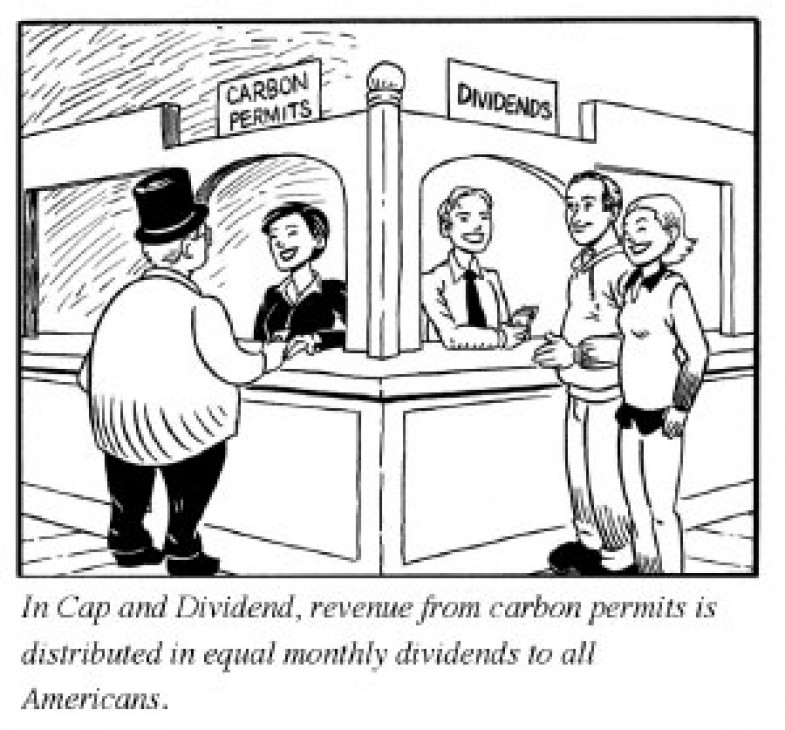For a few days last month, climate change hit the headlines as politicians, protesters, pundits, scientists, bureaucrats, and many others converged on Copenhagen to find a unified global strategy to reduce greenhouse gases. The UN summit was generally tagged a failure, and the attention of the media instantly shifted to Tiger Woods’ sex life and other matters.
But, success or not, climate change remains arguably the most pressing problems of our century, and even after the disappointment in Copenhagen dedicated, creative thinkers remain focused on figuring out practical solutions. The commons-the idea that we all share ownership of the Earth and many of its treasure-is at the root of some of the promising proposals aimed at breaking through the political stalemate that now stymies global cooperation on fixing the problem.
Bono, the longtime rock star and now contributing columnist for the New York Times, outlines a bold proposal in his recent roundup of 10 ideas for the next decade :“One smart suggestion I’ve heard, sort of a riff on cap-and-trade, is that each person has an equal right to pollute and that there might be somehow be a way to monetize this.” He goes on to say that an Ethiopian (0.1 tons of carbon a year) might sell her pollution rights to an American (20 tons a year), and use the money to improve the life of her family.
That’s exactly the logic, ambitiously broadened to the global scale, behind the commons-based cap-and-dividend solution.
Cap-and-dividend is at the core of a “new climate bill”: http://www.onthecommons.org/content.php?id=2601 before congress, sponsored by Senators Maria Cantwell (D-WA) and Susan Collins (R-ME).
David Morris, the veteran environmental journalist and Director of the Institute for Local Self-Reliance’s New Rules Project examines the Cantwell-Collins bill with careful detail in an article for Alternet.org and finds it both more effective in curbing greenhouse gases and more politically viable than the cap-and-trade bill passed by the U.S. House and other bills proposed in the Senate. He’s perplexed about why a number of key environmentalists prefer other bills to Cantwell-Collins.




